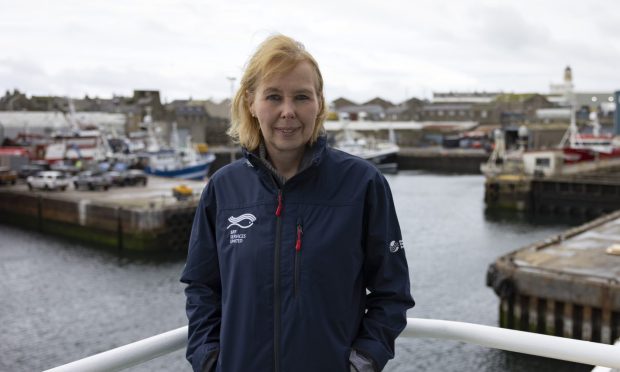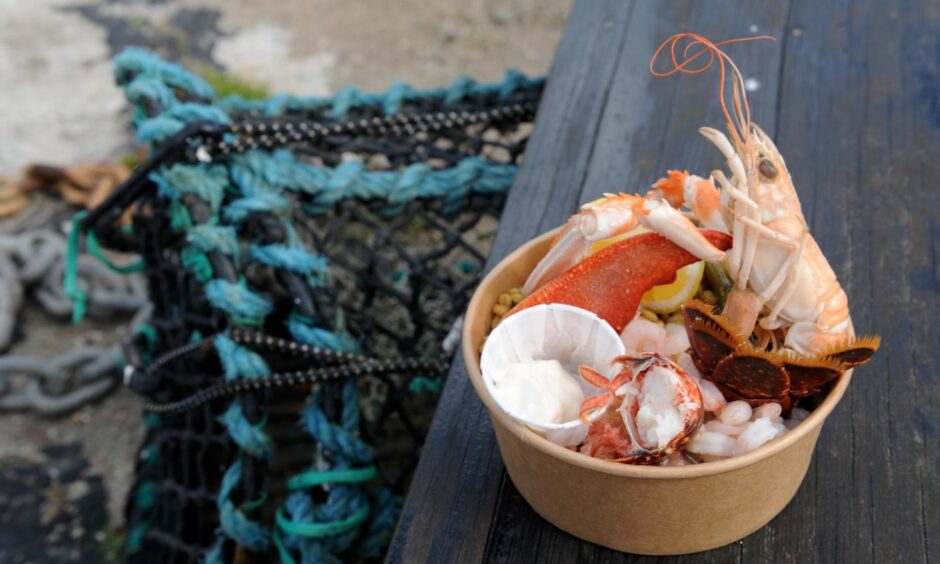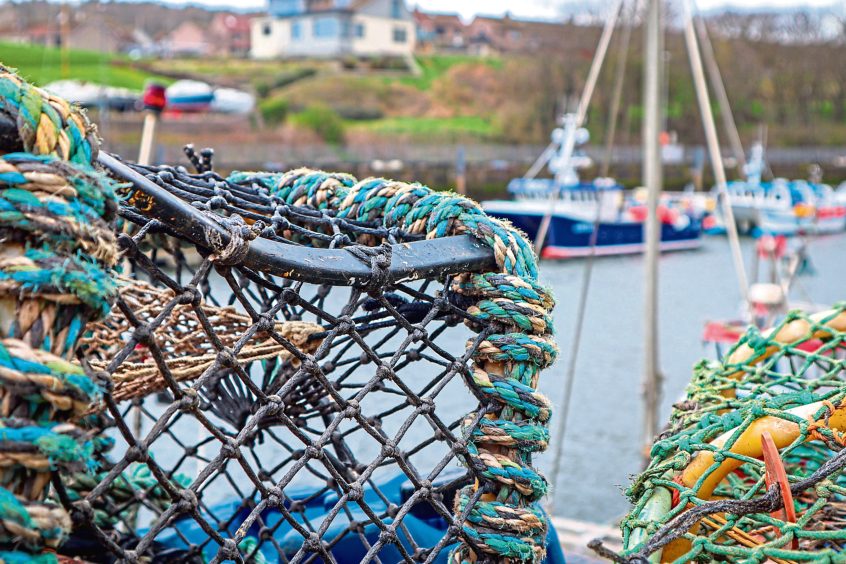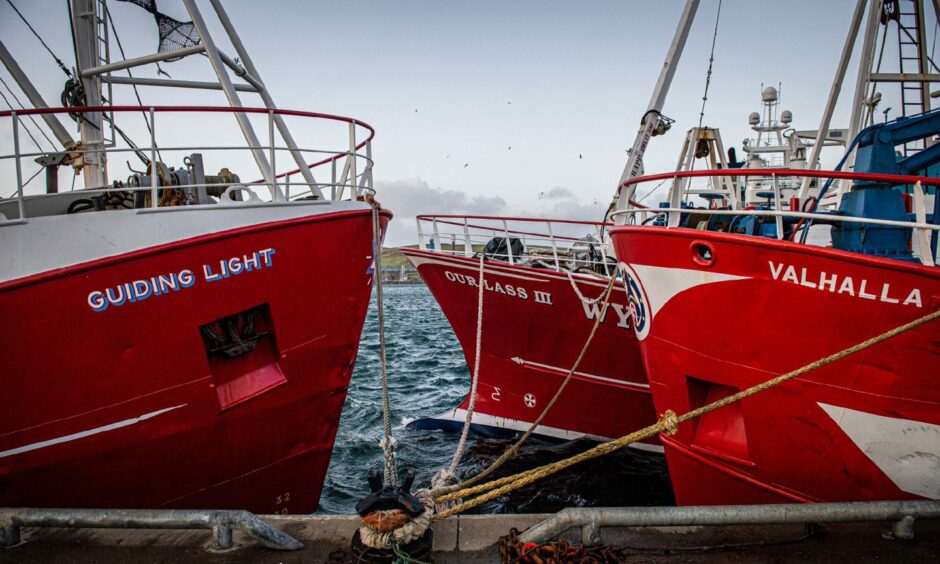Fishing chiefs have urged the Scottish Government to work in tandem with the industry and help avoid a repeat of the Highly Protected Marine Areas (HPMAs) “fiasco” of 2023.
Their plea comes at the end of a year in which, with the support of coastal and island communities, they fought off plans to limit fishing in at least 10% of Scotland’s seas.
The Scottish Fishermen’s Federation (SFF) said it wanted “collaboration rather than conflict”.
And it reitterated the key role of seafood in sustainable food production.
SFF chief executive Elspeth Macdonald said: “As we are reminded in headlines from around the world every day, we need to tackle the climate crisis and biodiversity loss.
“But ministers will have to change their mindset and see fisheries as just one part of highly complex systems and not simply a cause of what’s going on.
“Fishing has effects on the marine environment, for sure, but no form of food production is impact-free.
“Fisheries has the lowest carbon footprint of almost any form of food production.”
Fishing ‘often the target for government action’
Ms Macdonald added: “There are many other factors that impact on our seas.
“Because fishing is one of the few that can be controlled and regulated, it is often the target for government action.
“We must address the global problems of climate change and biodiversity loss while also feeding a growing global population. Seafood from sustainable, well-managed fisheries like those we have in Scotland are part of the solution, and governments need to recognise that.”
SFF’s CEO continued: “As we look ahead into next year, we urge ministers to resist the doom-laden and over-simplified platitudes of the corporately-funded environmental NGOs non-governmental organisations) who have their own agenda – banning fishing, regardless of the consequences.
“In 2024 the Scottish Government needs to work with us on sensible, rational, evidence-based measures, instead of what it did this year when it came forward with a set of poorly-founded proposals based on unwarranted and unjustified supposition, that could have had profoundly severe consequences for our coastal and island communities.”
Ms Macdonald said a more collaborative model had worked well in the past on such matters as the existing Marine Protected Areas network.
“We can make more progress,” she said, adding: “The issues of climate change and biodiversity loss are complex, multi-layered and not always clearly understood.
“We need to take time to consider properly what actions may be needed and the full extent of their effects.
“So, in 2024 let us have collaboration rather than conflict, and reason rather than rhetoric.”
Scottish Government’s response
A government spokesperson said: “Fishing in an essential part of Scotland’s blue economy, and we are clear that there will continue to be space for fishing to operate in Scotland’s waters in a sustainable and responsible way now and in the future.
“Protecting our marine environment is vital for the viability of all our marine industries, including fishing.
“We are determined to protect our seas in a way that is fair, and to enable a sustainable, prosperous future for our coastal and island communities.”
The spokesperson added: “It is crucial that people who will be affected by policies are engaged in their development. We will continue to engage constructively with coastal and island businesses and communities about how we can work together to improve marine protection.”




Conversation